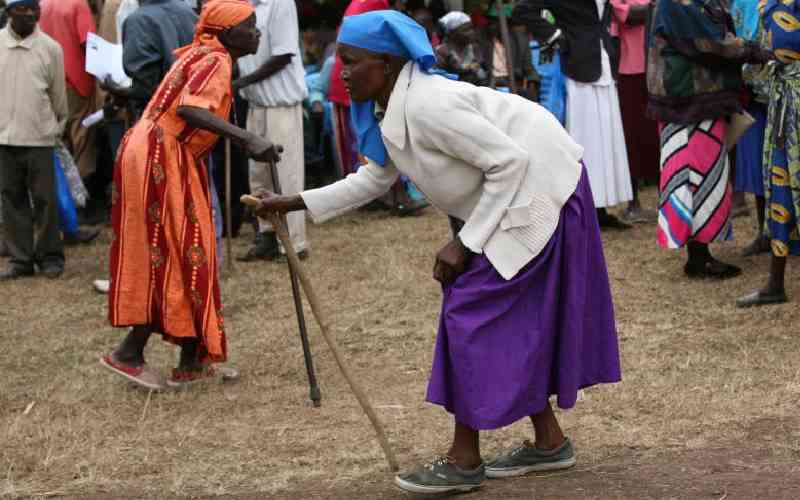
The Kenya National Bureau of Statistics (KNBS) this week released its seventh Kenya Demographic and Health Survey. As always, it makes extremely enlightening and provocative reading.
This annual report not only challenges our beliefs and attitudes, but is a massive resource that should shape policy development and budgetary planning at national and county levels. Unfortunately, however, most media houses chose to highlight the juicy, salacious items about Kenyans' sex lives rather than do justice to the comprehensive and professional survey. What stood out for me, however, were the positive indicators that demonstrate things are changing for the better. Overall, the report states that 78 per cent of the population are developing well health, learning and psychologically wise.